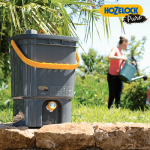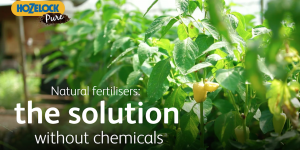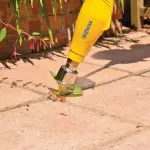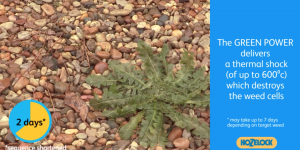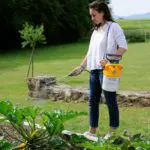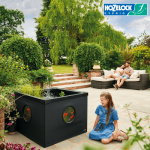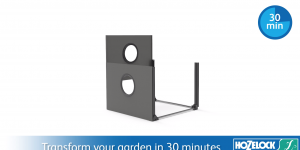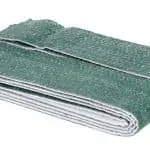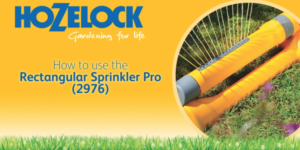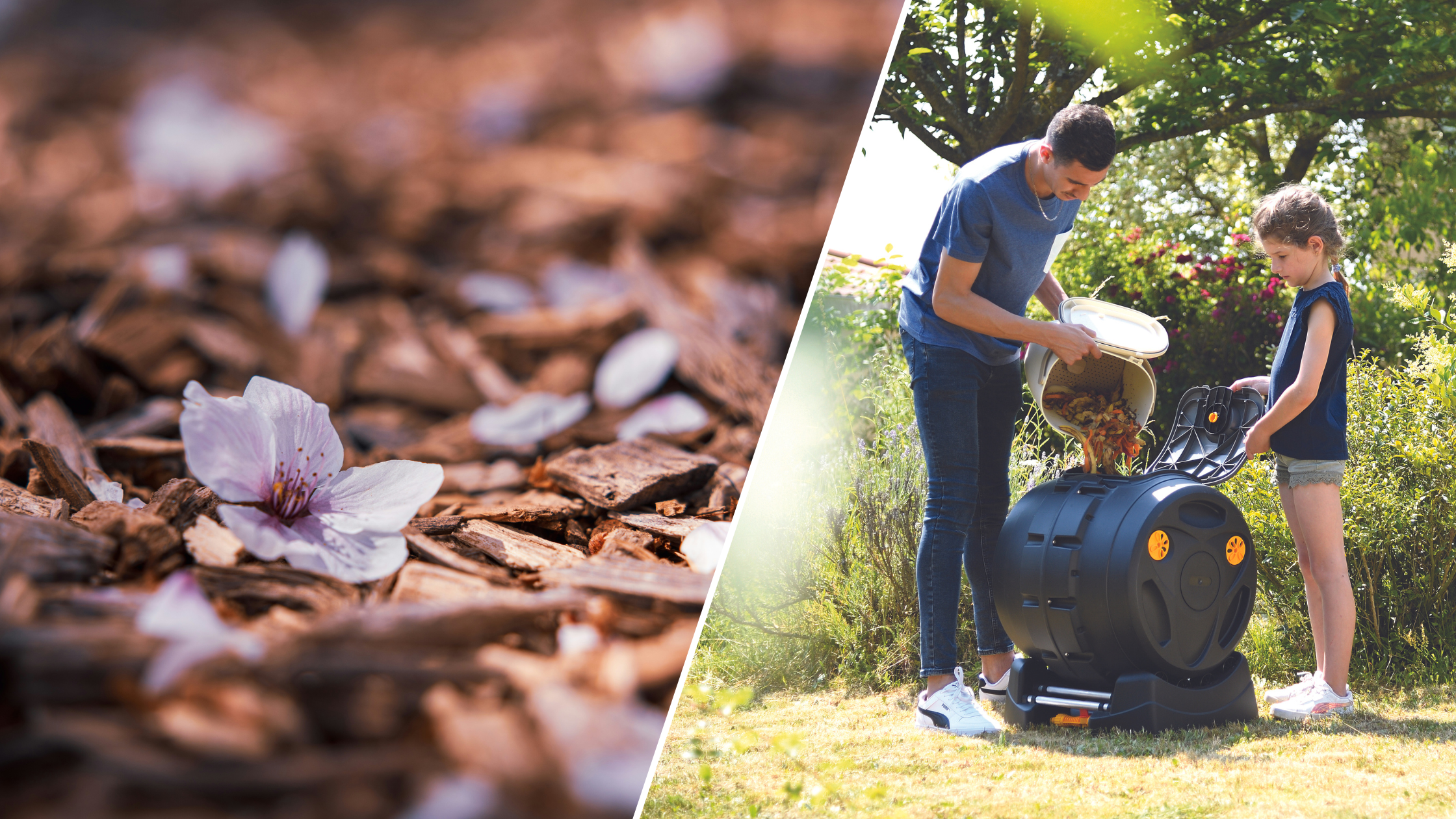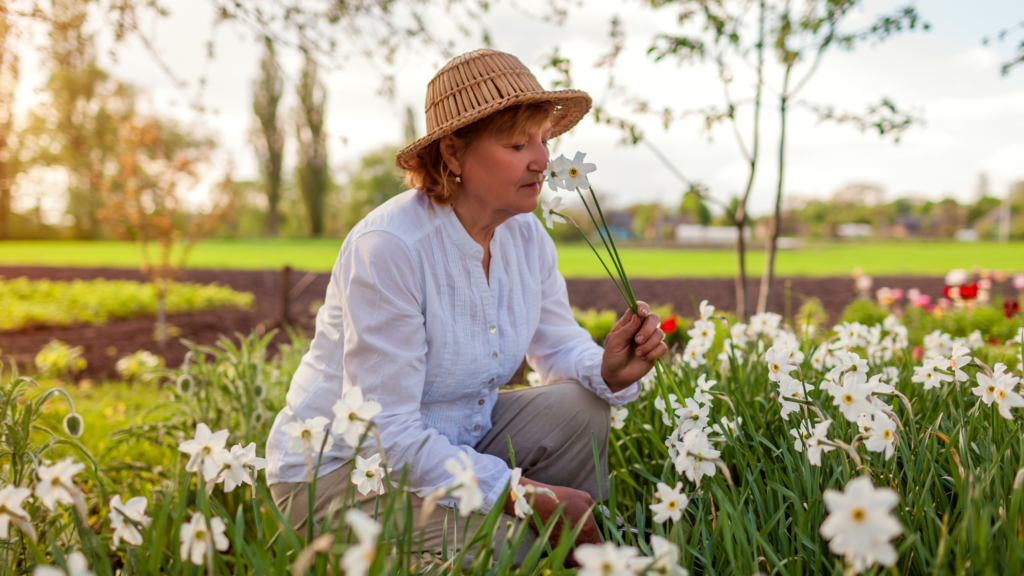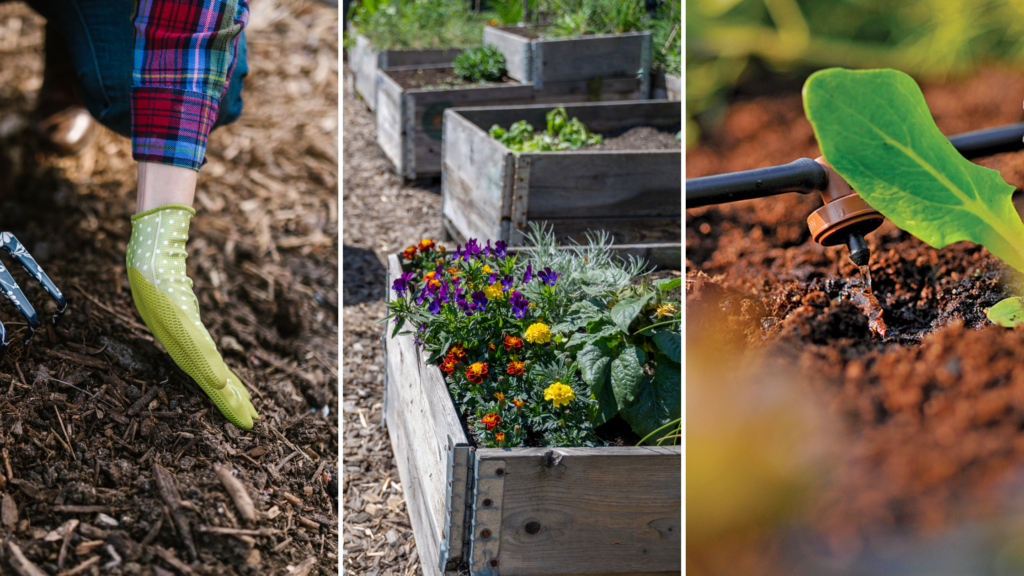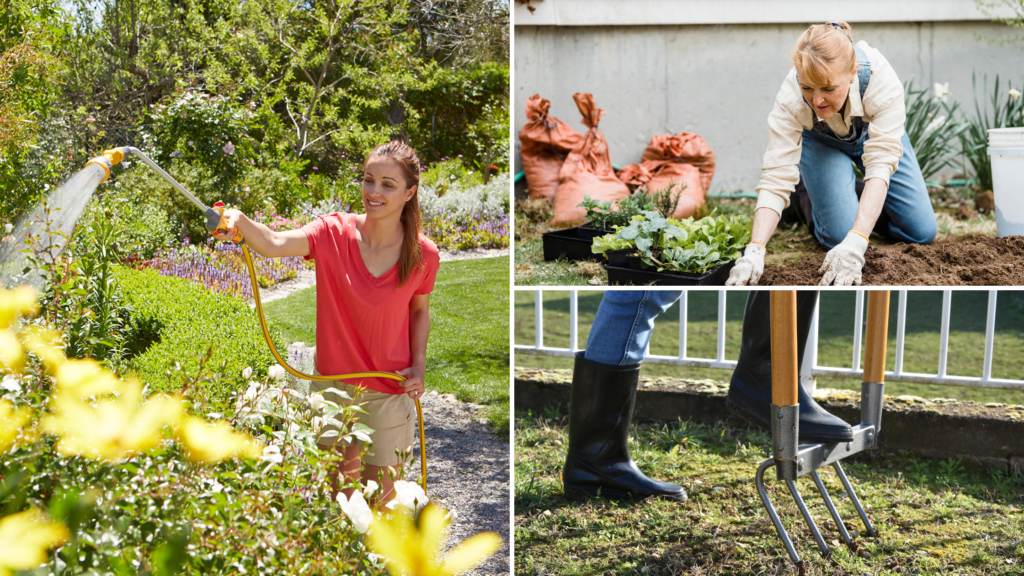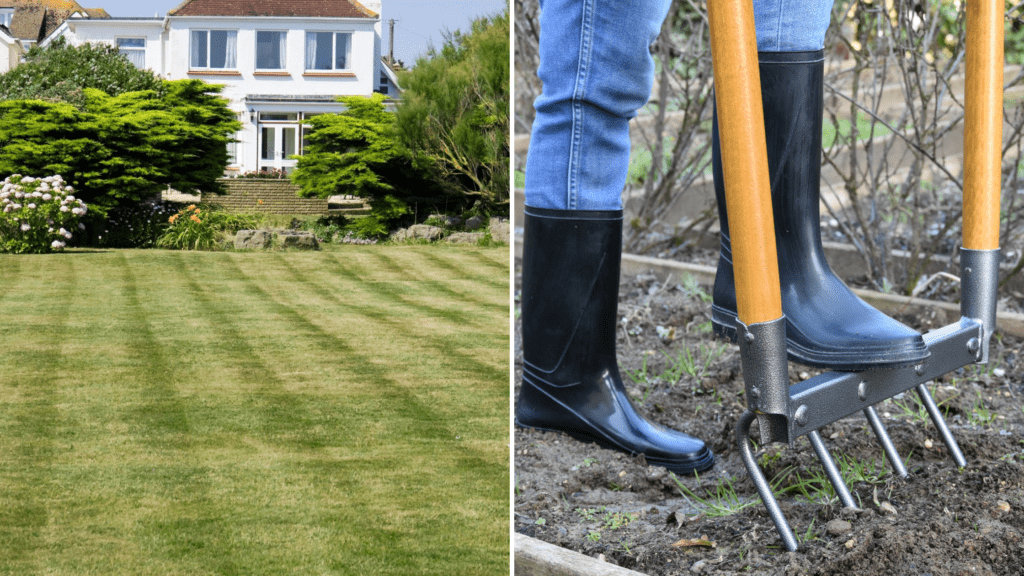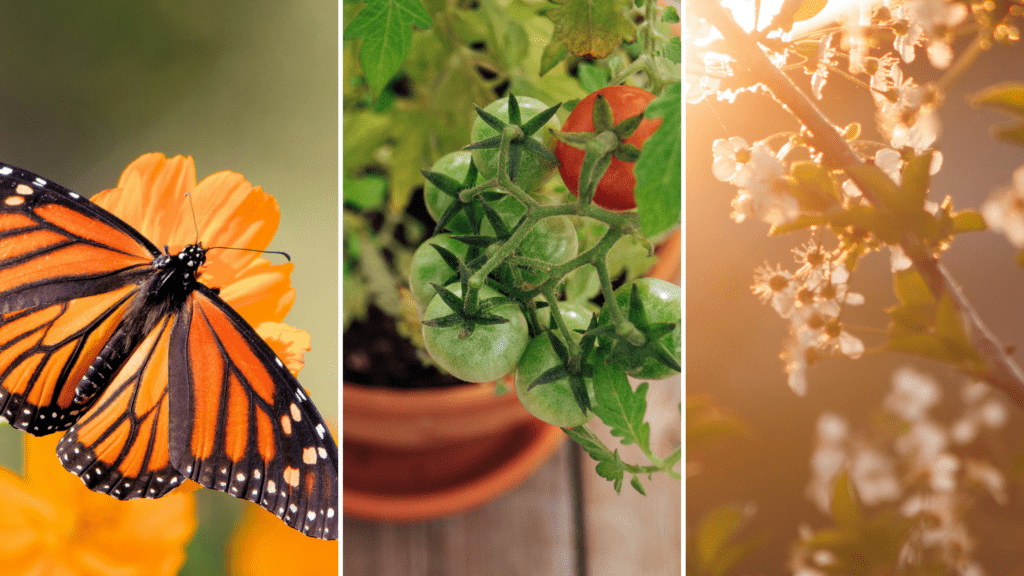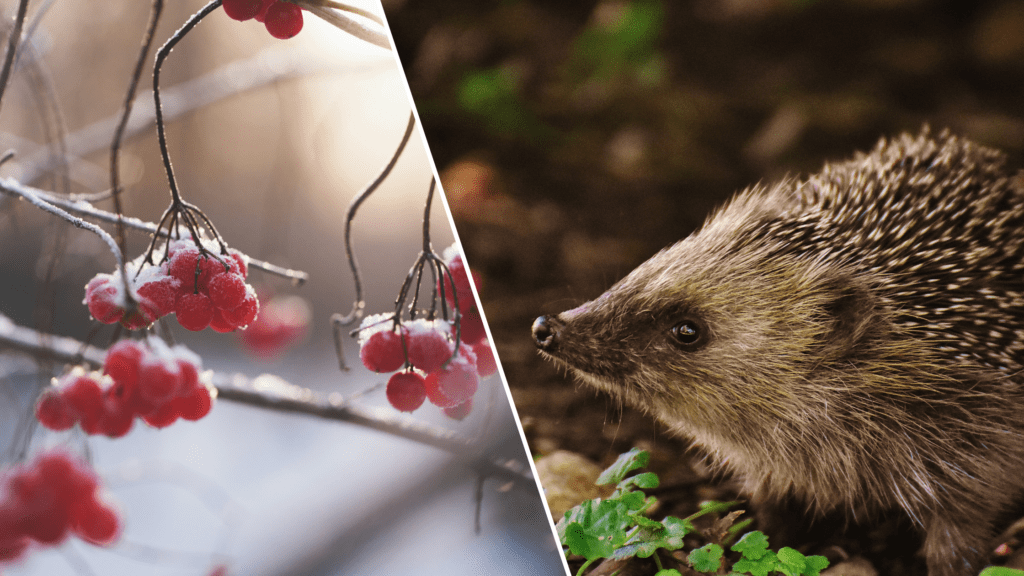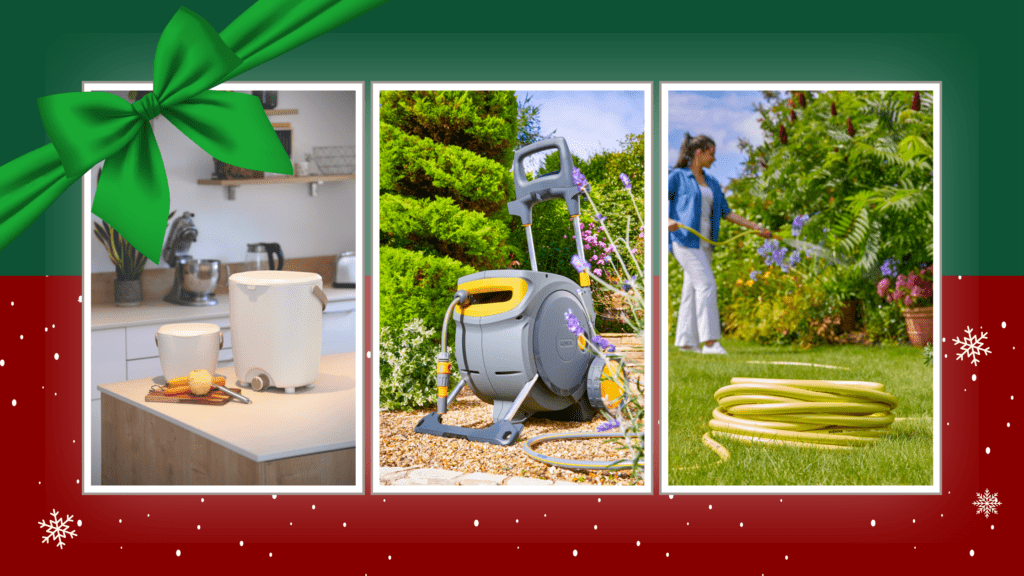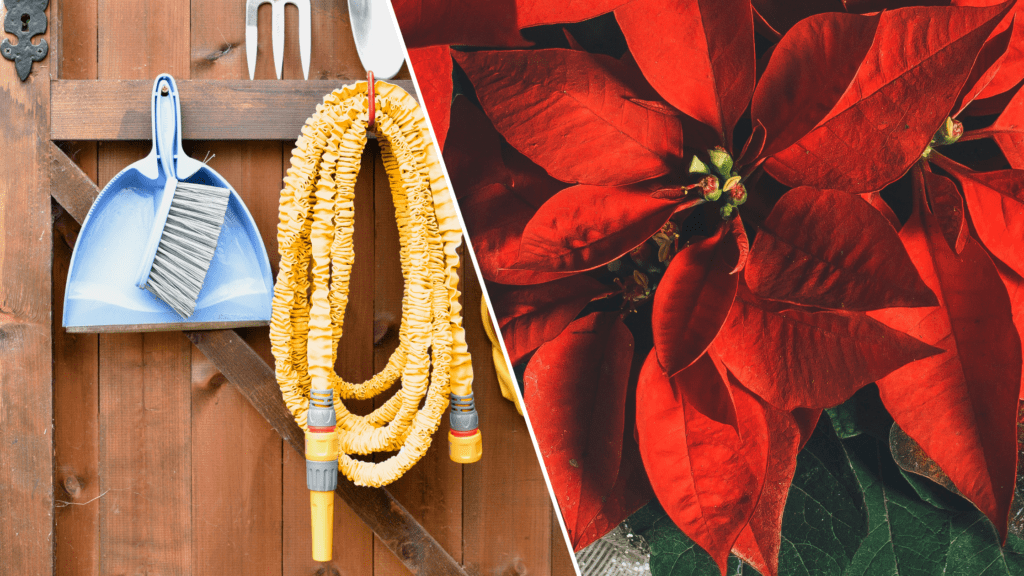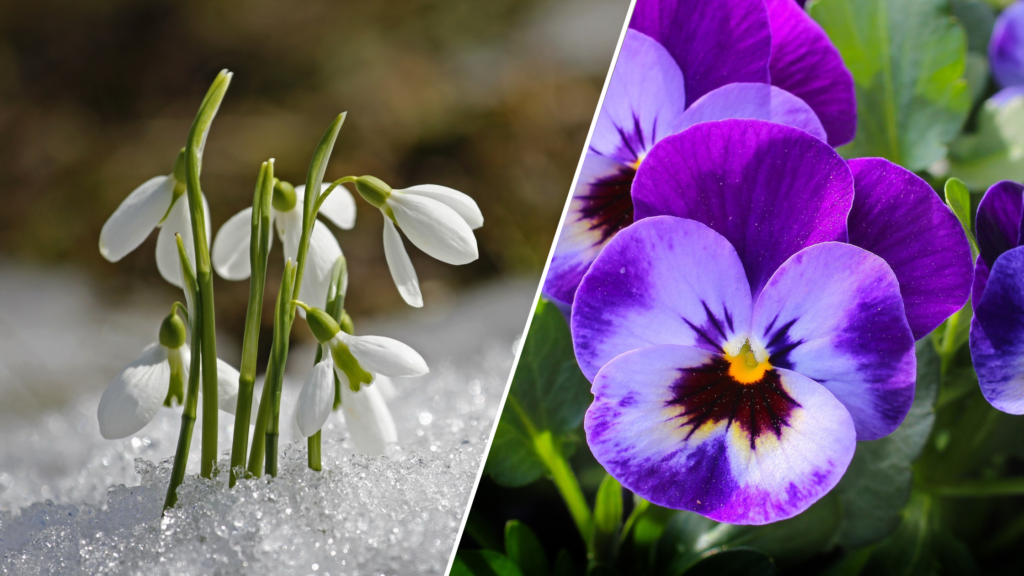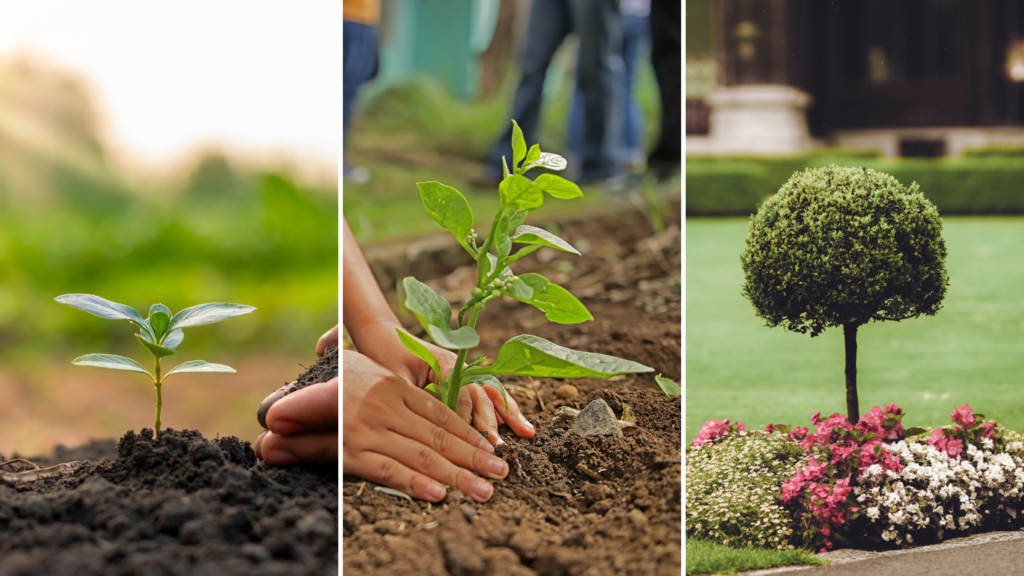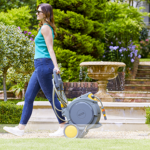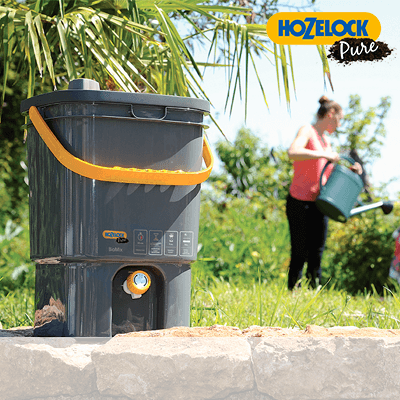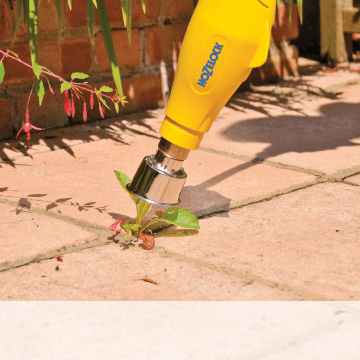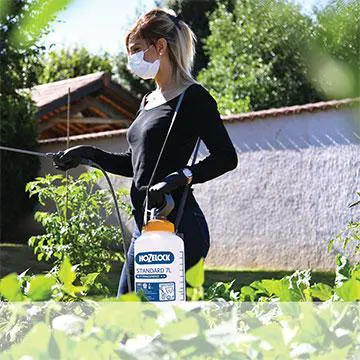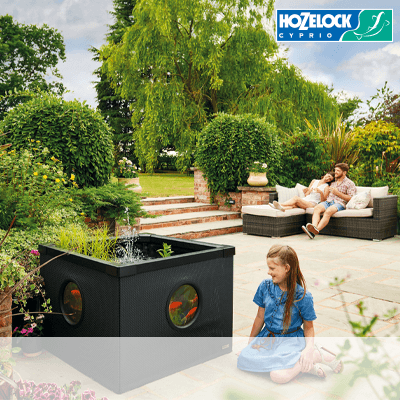Maintaining a growing garden can often lead to a surprising amount of waste, such as grass clippings, pruned branches, and fallen leaves.
Here are some eco-friendly ideas for repurposing materials in your garden and some great options for disposing of any excess garden waste.
Composting
Composting is like the superhero of garden waste management.
It involves the natural process of transforming organic scraps such as kitchen waste, leaves, and yard clippings into nutrient-packed compost.
This compost, once added to the soil, not only acts as a valuable source of nutrition for plants but also improves soil health and fertility.
By enriching the soil with essential nutrients and organic matter, composting creates a thriving environment for plants to grow and flourish.
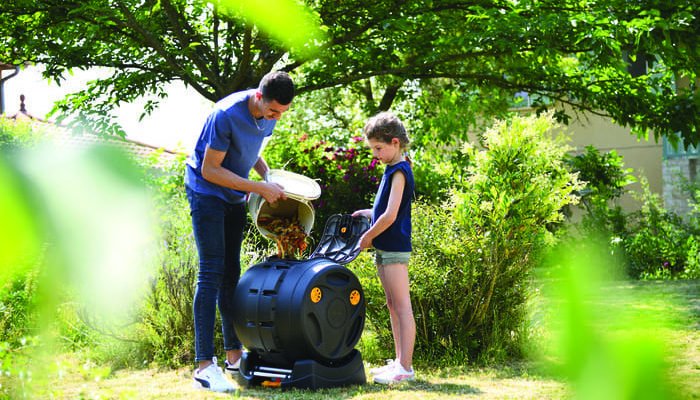
- Choose a cosy spot for your compost bin or pile—somewhere convenient and sunny.
- Mix your greens (like grass clippings and veggie scraps) with browns (dry leaves, branches) to keep things balanced.
- Give your compost a regular stir to keep it aerated and speed up the magic.
- Keep it moist, but not soggy—happy microbes make for happy compost!
Mulching
Mulching is a gardening practice that involves spreading organic materials over the soil.
This helps to retain moisture in the soil, regulate temperature by keeping it cool, and prevent the growth of weeds by blocking sunlight.
Additionally, mulch also enriches the soil as it decomposes, providing essential nutrients for plant growth.
Overall, mulching is an effective and sustainable method for maintaining healthy and vibrant garden beds.
- Fresh grass clippings? Perfect for spreading around plants and shrubs.
- Shredded leaves? They’re just right for garden beds and borders.
- Got wood chips? Lay them down on pathways or around trees—they’ll break down slowly, enriching the soil over time.
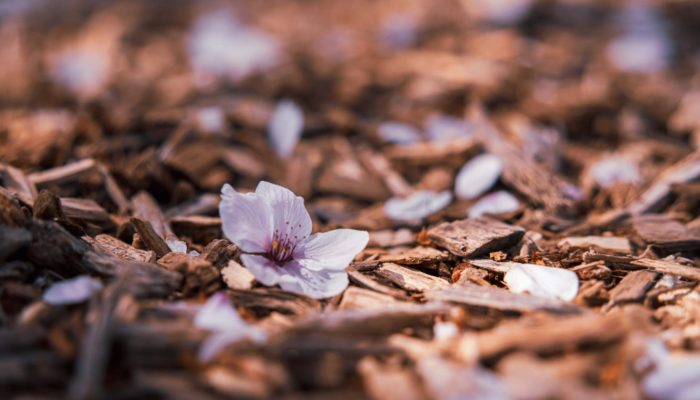
Leaf Mould
Leaf mould is an excellent soil conditioner that is created through the natural decomposition of leaves.
This organic material not only helps to improve the structure of the soil but also increases its ability to retain moisture, promotes the growth of beneficial microorganisms, and enhances overall soil fertility.
It also serves as a sustainable and eco-friendly way to enrich the soil, making it an ideal choice for gardeners looking to improve the health and productivity of their gardens.
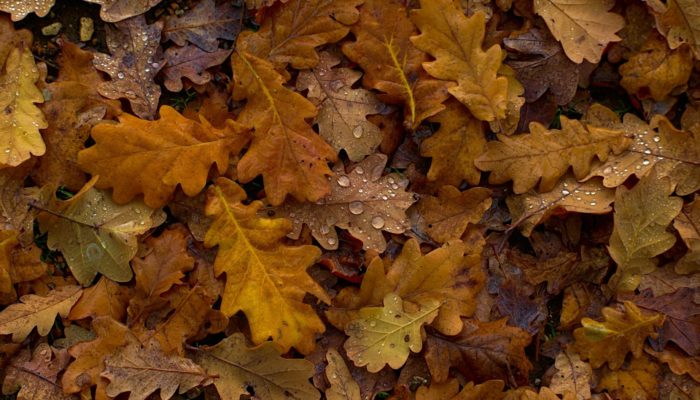
- Gather fallen leaves and pile them up or toss them into a leaf mould bin.
- Keep the leaves slightly damp to help them break down.
- Let nature do its thing, and in a year or two, you’ll have a pile of leaf mould that your garden will adore.
Creating Wildlife Habitats
Why not consider using some of the garden waste to create a habitat for wildlife?
This approach can transform what might be seen as waste into an environment that supports and attracts various forms of wildlife, contributing to the overall biodiversity of the area.
- Stack pruned branches and logs in a corner to provide shelter for insects, frogs, and small critters.
- Pile up leaves to make a snug home for hedgehogs and other garden guests.
- Use twigs, straws, and hollow stems to craft insect hotels—perfect for attracting helpful bugs like bees and ladybugs.
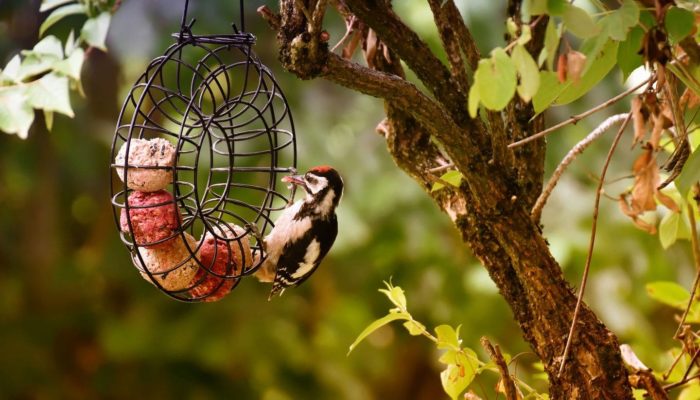
Hiring a Garden Waste Collection Service
For those times when your garden produces more waste than you can handle, hiring a garden waste collection service is the way to go.
Many local councils offer green waste pick-up, so you can rest easy knowing your garden waste is being responsibly managed.
If you’re looking for more gardening and eco-friendly solutions explore our range of innovative products designed to make your gardening experience easier and greener.




